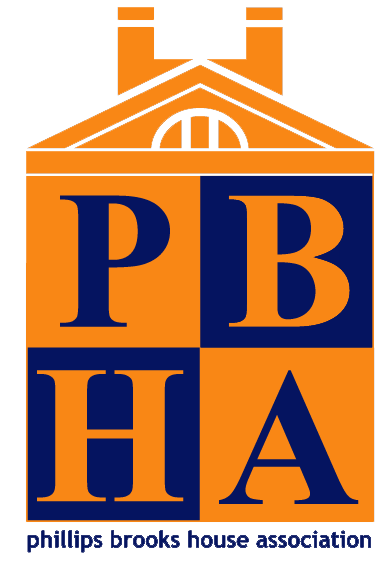Reflecting on SUP: PBHA Secretary's Journey
In the second installment of our interview series with Leszek Krol, Class of 2018 and PBHA Secretary, we wanted to see how his expectations at the beginning of SUP compared with his thoughts after the summer was over. So we sat down with him to find out.PBHA: Describe your summer in one word.Leszek Krol: TransformativePBHA: How was your summer different than you expected?LK: You never really know what to expect out of SUP until you’ve done it. I was approaching CHAD from the lens of an Afterschool director, and so what I thought SUP would be like ended up being very different from reality. I learned and stretched myself in ways I didn’t know were possible over the summer, and walked away having accomplished more than I could ever have anticipated.PBHA: What did you learn this summer?LK: I learned that social justice happens not in leaps and bounds, but inch by inch, not only on picket lines and in courthouses, but in the classroom, in staff meetings and community centers, in the small moments when we take on the burden and the joy of caring for one another.PBHA: Recount a favorite memory from your time as director.LK: One of my favorite memories as a director was our last day of camp (technically our second to last day because we had to move the date of our final trip due to inclement weather.) Our camp came together to sign yearbooks, with each class throwing their own small end-of-the-year party. It was an incredible way to end the summer, and it really helped give me a perspective on what the summer meant to our campers, and Junior and Senior counselors. To them, SUP became a home, a place where they learned and grew together. It was an incredibly powerful moment that helped put all the work I had done over the summer in perspective.PBHA: What did you gain from your SUP experience?LK: SUP was far more immersive than my term-time equivalent. During SUP, you are in the community you are serving eight hours a day, five days a week, and as a director, your mind is on your camp from the moment you wake up to the instant you go to sleep. For a lot of reasons, this level of focus cannot exist during the term (particularly because classes are in session.) It means that the summer is an intense period of focus on how to improve your program in the time you have while building and maintaining relationships with participants and their families, with community organizations, and in-kind donors, all while trying to handle the logistics of a summer camp of seventy children. Some days, it felt like sprinting a marathon. However, dealing with the stresses of SUP left me with the tools and support system I need to not just handle the academic year, but with the clarity and vision to pursue my goals and the commitment and follow-through to actually make those goals a reality.PBHA: What are you most thankful for this summer?LK: This summer, I realized that something as large as SUP is not something you can do alone. I’m incredibly thankful for my fantastic staff, our community partners, and the hard work of our Director of Programs and SUP Central in making sure that we had the support we needed to make camp a reality this year. More than anyone else, though, I want to thank my co-director Amy for being there every step of the way (including the long trek to the garage every morning.) The amount of passion, dedication, and energy you brought to CHAD this year is indescribable, and you inspire me every day.
